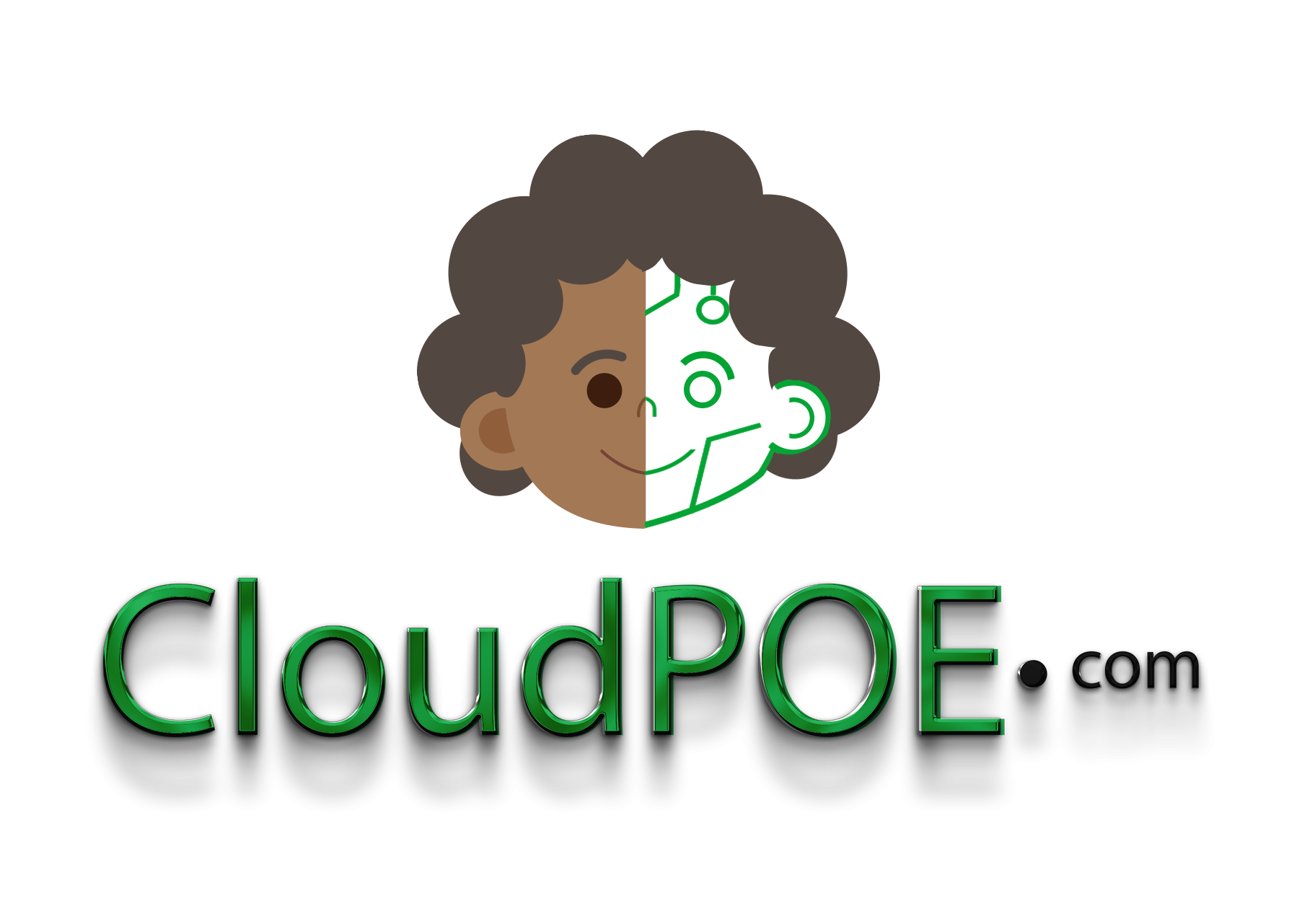Navigating Learning Platforms for South African Businesses: All-in-One or Traditional LMS?
The Rise of AI and Modern Learning Needs

Recent advancements in Artificial Intelligence (AI) are revolutionising the way organisations deliver learning experiences for their employees. Gone are the days of dry, one-size-fits-all training modules. Today, South African businesses have the opportunity to create engaging and personalised learning journeys for their workforce.
The LMS vs LXP Debate: Finding the Right Fit
Choosing the right learning platform can be a challenge, often falling on the shoulders of the Learning and Development (L&D) team. The key question is: Traditional Learning Management System (LMS) or a modern Learning Experience Platform (LXP)? Should you stick with the familiar LMS, switch to an LXP, or perhaps consider a hybrid approach?
The Shift in Learning Styles
The way we learn and retain information has changed. Today’s learners crave engaging content, readily available at their fingertips. Think bite-sized videos, quick answers from search engines, and collaborative learning experiences.
Traditional LMS platforms, primarily designed for managing training activities and reporting, often fall short in catering to these modern learning styles. This is where LXPs come in, offering a more user-centric approach that complements or even replaces an LMS.

What is an LXP?
LXPs (Learning Experience Platforms) prioritise learner engagement through a user-friendly interface. Unlike LMS platforms focused on training management, LXPs aim to create a captivating learning experience.
Some LXPs integrate seamlessly with existing LMS solutions like SAP or Workday, while others act as standalone platforms offering both LMS and LXP functionalities. Generally, smaller businesses (under 10,000 employees) favour all-in-one platforms, while larger organisations might integrate an LXP alongside their existing LMS. This minimises disruption and allows them to benefit from advanced LXP features.
The Strengths of Traditional LMS
LMS platforms have long been the go-to solution for compliance and regulatory training. They offer a straightforward way to upload training courses and track completion rates. Additionally, LMS platforms are relatively easy to set up and manage, making them a user-friendly option for many organisations.
Digital Learning in the Workflow
Modern learning extends beyond formal training sessions. Today’s leaders recognise the need for digital learning in the flow of work. This means providing employees with instant access to knowledge they need to perform their jobs effectively. Think quick access to company HR policies, product knowledge materials, or customer service best practices.
While traditional LMS platforms struggle to cater to this need, LXPs excel in providing learning opportunities within the workflow.
All-in-One Platforms for South African Businesses
Many South African businesses, especially those outside the large enterprise space, are opting for all-in-one platforms that offer both LXP and LMS functionalities. This caters to formal training needs while creating a more engaging learning experience overall.
Beyond Workflow Learning: The Power of LXPs
LXPs provide a range of functionalities beyond workflow learning, including:
> AI-powered search: Quickly locate relevant training materials.
> Skills tagging: Easily find content aligned with specific skill sets.
> Personalised recommendations: Receive content suggestions based on individual learning needs.
> Social learning: Foster collaboration and knowledge sharing among employees.
> Integrations: Connect your LXP with other critical business tools.
> Content translation: Overcome language barriers with AI-powered translation features.
> Gamification: Make learning fun and engaging with game-based elements.
> Advanced insights: Gain valuable insights into employee learning progress.
The Evolution of LXPs
LXPs have come a long way. Initially, they catered to two distinct use cases:
> Upskilling and onboarding large front-line workforces by offering bite-sized learning modules and a focus on team performance.
> Engaging and upskilling office workers across various roles and skill levels.
> Today, leading LXPs can effectively address both these needs, offering a holistic learning experience for your entire workforce.

The Power of AI in Learning
Recent advancements in AI are transforming the learning experience for South African businesses. AI promises to improve every aspect of an LXP, breaking down barriers and making learning more accessible for everyone.
For example, AI-powered translation capabilities can translate learning materials (videos, documents, audio) quickly and accurately, reducing costs and language barriers. This fosters global communication and collaboration within your organisation.
The Learning Experience You Want
The question remains: What kind of learning experience do you want for your employees? Do you envision a one-dimensional, formal training approach, or a more dynamic and collaborative learning environment that integrates seamlessly with their work?
We hope this article provided valuable insights and sparked a conversation about your learning technology

